

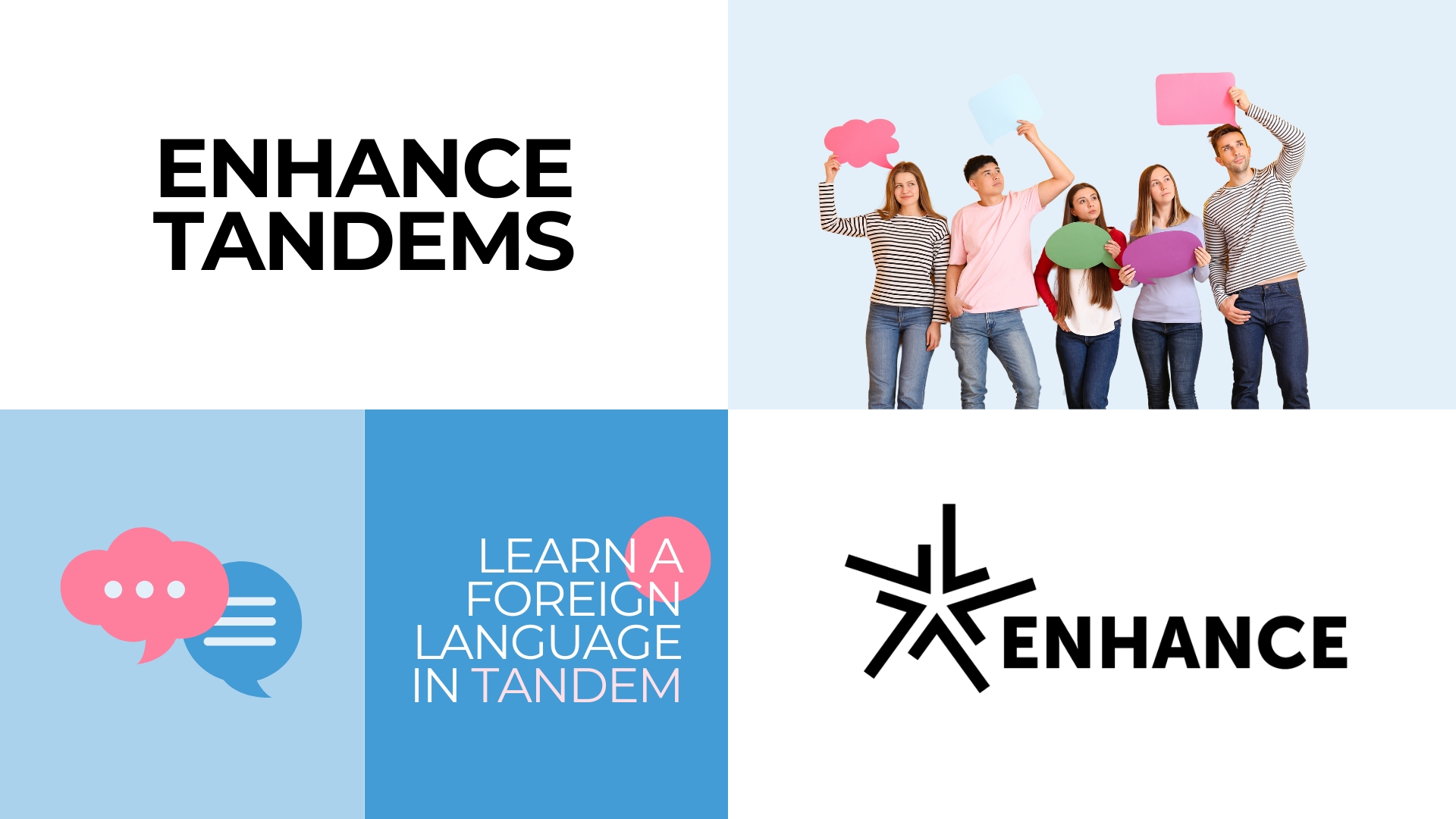
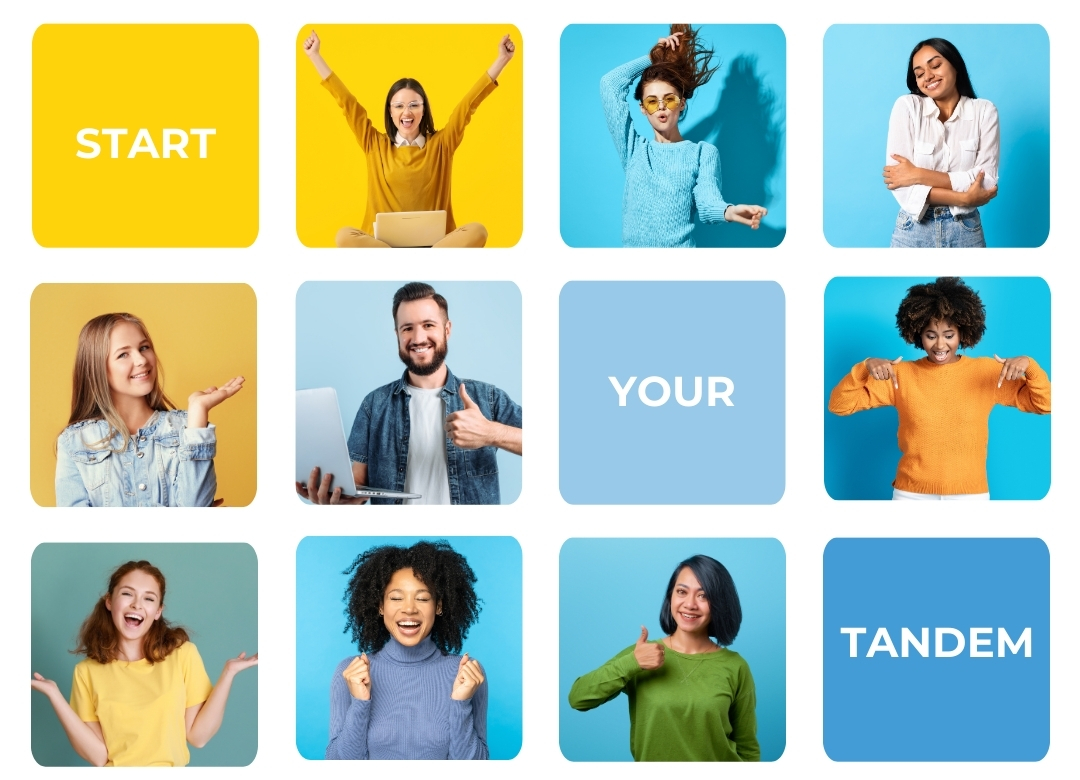
The participants of the Language Tandem project can learn the following languages:
• German
• Dutch
• Spanish
• Italian
• Swedish
• Norwegian
• Polish
• Ukrainian
• and other



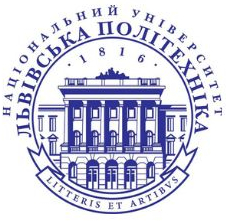
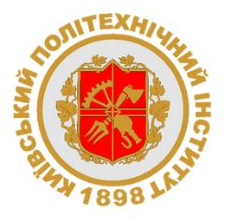
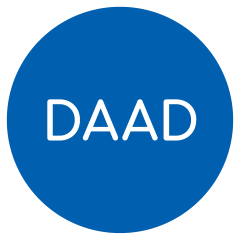

 ENHANCE is an alliance of ten leading European Universities with a focus on science and engineering, which aims to create a new type of close European networks, enabling student and staff mobility, innovative forms of learning and close engagement with society on all levels.
ENHANCE is an alliance of ten leading European Universities with a focus on science and engineering, which aims to create a new type of close European networks, enabling student and staff mobility, innovative forms of learning and close engagement with society on all levels.
The aim of ENHANCE is to create a new European academic space for the interaction between innovative technological progress, society and the natural environment. The alliance is committed to socially inclusive and sustainable research and education in science and technology by employing inter- and transdisciplinary approaches and co-creation methods (knowledge exchange) tackling the most pressing global challenges. As a consequence the boundaries between our member institutions and society will become permeable. ENHANCE will ensure that education and research have a social, economic and environmental impact, but it will also form a joint European sphere of knowledge, underpinning sustainable development, adhering to the highest standards of good practice in teaching and research, inclusivity and diversity.

We are looking for cooperation in the following areas:
Grow with the European Universities.
Website Building Software